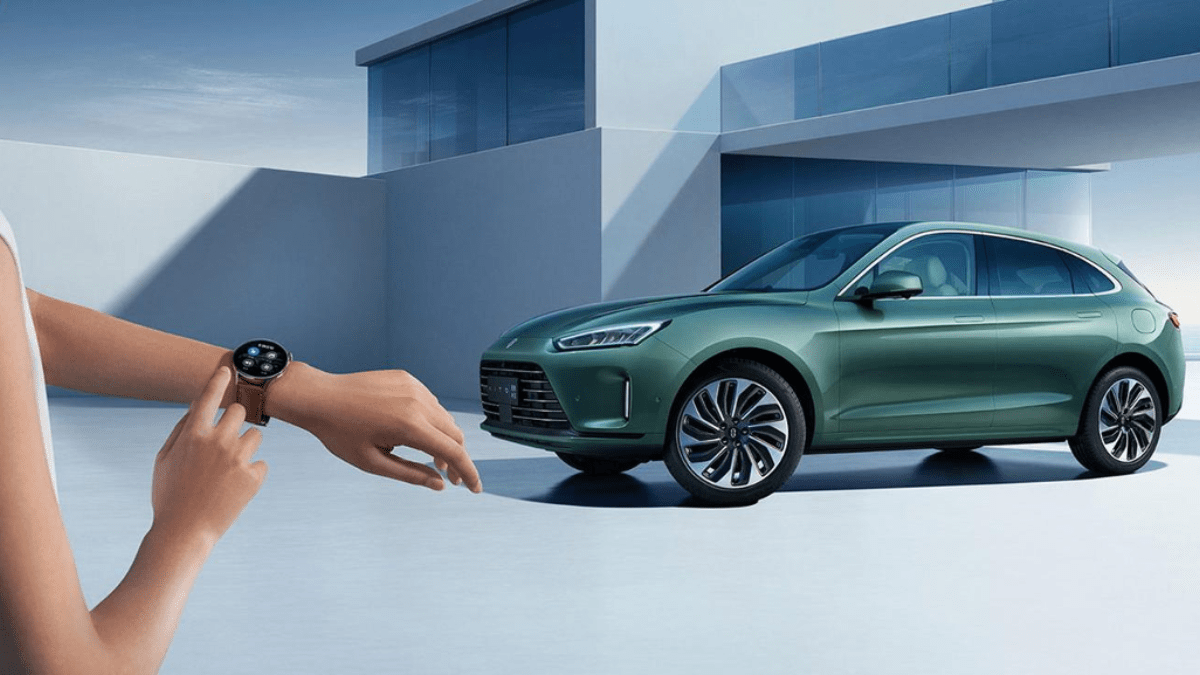Edited by BellaRose Okojie
Huawei has trudged valiantly on to become a household name and a tech giant across the world and is now eyeing the electric smart vehicle industry.
Huawei was once the world’s third-largest smartphone manufacturer, its products were premium and top-tier, the best in their field. But this success was short-lived. A series of sanctions levelled on the Chinese tech giant crippled its smartphone business and pushed it out of the mobile phone market. Other Chinese smartphone makers immediately filled the vacuum left by Huawei at its seeming exit from the smartphone market.
In order for Huawei to keep its smartphone business thriving, it went on to develop an original operating system to run its devices. This opened new doors for the company to explore the smart home market. Huawei diversified its business and invested in a number of other fields like Cloud computing, smart home, AI, Network engineering, and the automobile market. The move into the automobile market makes Huawei the first smartphone manufacturer to attempt to make and sell electronic vehicles, EVs. But, is this move profitable for the company? Will they be able to cope in a nascent yet competitive automobile industry?
Huawei’s baby steps into the creation of electric smart vehicles

Huawei’s first entry into the electric smart vehicle industry was with the Aito M5, but Huawei was already long into the EV industry before the launch of this car. The Chinese tech giant worked with SERES, a Chinese automobile producer, to launch and sell the SERES SF5. Both cars run Huawei’s in-house operating system, Harmony OS; another move towards expanding the Huawei developed operating system.
While Huawei doesn’t manufacture electric vehicles at the moment, it partners with automobile manufacturers like Aito to produce and sell EVs.
Commenting on Huawei’s plans for the Electric Smart Vehicle industry, Yu Chengdong, CEO of the Consumer BG at Huawei Technologies makes it clear that he is optimistic about Huawei’s success in the automobile industry. He narrows the success of a business such as Huawei’s smartphone business to three main elements; experience, quality, and brand. These three qualities are what gave Huawei devices the drive needed to soar in the smartphone market, and these qualities will also help move Huawei’s electric smart vehicle plans. Huawei aims to be the first smartphone maker to fully invest in the automobile industry.
A few other smartphone makers (like Apple) have had rumours going around regarding working on an electric vehicle, but Huawei is the first to actualize this goal. This reinforces China’s relentless efforts to push for a greener automobile environment. For years now, more and more Chinese automobile makers have flocked into the EV space and established their names. The competition now mounts on companies such as Tesla.






